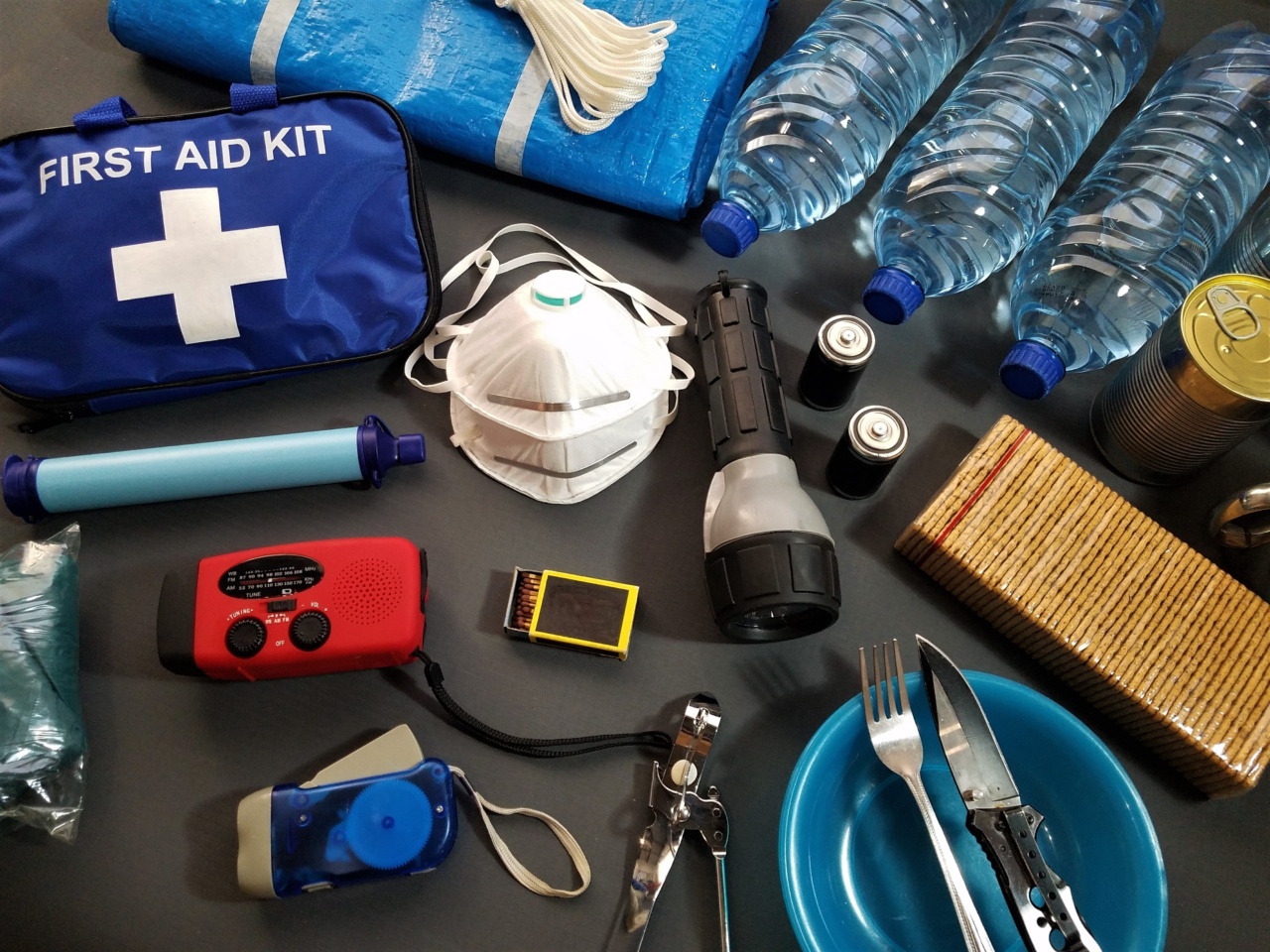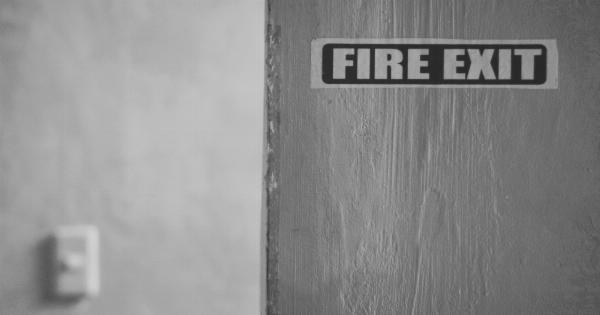In life, unforeseen circumstances can sometimes lead to medical emergencies. These emergencies can occur suddenly without warning and require immediate medical attention to prevent a worsening condition or even loss of life.
It is crucial to understand the various factors that can trigger a medical emergency, as this knowledge can help us better prepare for such situations and take appropriate actions when necessary.
1. Heart-Related Issues
One of the primary factors that can trigger a medical emergency is a heart-related problem. Conditions such as heart attacks, arrhythmias, or heart failures can lead to life-threatening situations and require immediate medical intervention.
Symptoms to watch out for include severe chest pain, shortness of breath, dizziness, and an irregular heartbeat.
2. Severe Allergic Reactions
Allergies can sometimes escalate rapidly, leading to a severe allergic reaction known as anaphylaxis. Anaphylaxis can cause difficulty breathing, swelling of the throat, a drop in blood pressure, and can be fatal if left untreated.
Common triggers include certain foods, insect bites or stings, medications, or exposure to certain substances like latex.
3. Accidents and Trauma
Accidents resulting in trauma are common triggers for medical emergencies. Car crashes, falls, sports injuries, and other incidents can lead to severe injuries such as fractures, head trauma, internal bleeding, or spinal cord injuries.
The severity of these accidents often necessitates immediate medical attention to prevent further complications or permanent damage.
4. Stroke
Strokes occur when there is a disruption of blood flow to the brain, leading to brain cell damage.
Symptoms of a stroke can include sudden weakness or numbness on one side of the body, difficulty speaking or understanding speech, severe headaches, and problems with balance or coordination. Rapid medical treatment is crucial to minimize the long-term effects and prevent disability or death.
5. Respiratory Distress
Respiratory distress can occur due to various factors, such as asthma attacks, severe pneumonia, choking, or a blocked airway. In these situations, breathing becomes difficult or even ceases altogether.
Prompt medical intervention, including methods like CPR or administering emergency medications, is necessary to restore normal breathing patterns and prevent further complications.
6. Drug Overdose or Poisoning
Instances of drug overdose or poisoning can quickly turn into medical emergencies. Accidental or intentional ingestion of toxic substances, overdose of medications, or exposure to harmful chemicals can have severe consequences on the body.
Immediate medical attention is vital to minimize the damage caused and initiate appropriate treatment measures.
7. Diabetic Emergencies
Individuals with diabetes are susceptible to emergencies related to their condition. Low blood sugar levels (hypoglycemia) or high blood sugar levels (hyperglycemia) can both have serious consequences.
Diabetic emergencies can lead to confusion, loss of consciousness, seizures, or diabetic ketoacidosis. Timely management of blood sugar levels through appropriate interventions and medical care is necessary in such cases.
8. Heatstroke
Prolonged exposure to extreme heat can cause heatstroke, a severe condition that requires immediate attention. Heatstroke can lead to high body temperature, confusion, dizziness, and even loss of consciousness.
It can be life-threatening if not promptly managed. Rapid cooling measures and medical intervention are essential to prevent further complications.
9. Mental Health Crises
Mental health crises such as severe depression, suicidal tendencies, or acute anxiety attacks can escalate quickly and require immediate medical attention.
These emergencies often need a combination of mental health intervention and medical care to stabilize the individual, provide support, and prevent self-harm.
10. Seizures
Epileptic seizures or seizures caused by other medical conditions are medical emergencies that can occur suddenly. During a seizure, the individual may lose control of their body, convulse, or lose consciousness.
It is crucial to ensure the person’s safety and seek medical assistance to manage the seizure and prevent complications.






























